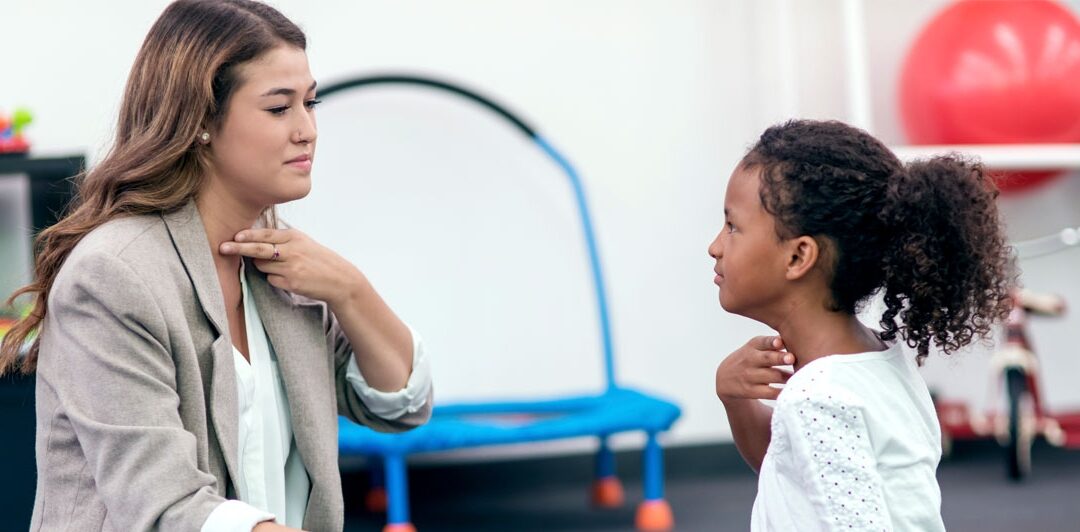Of late, search therapists the world over are turning over to the age-old time-tested recipe to familiarize children with words: singing therapy. Before speech therapy became as established scientific practice, singing was definitely a tool to make children listen to words, phrases and pronunciations. The fact that these words were stitched with music ensured that the lyrics were easier to remember, as opposed to the lines of a poem. Kids loved to recite them back. The therapy proceeded with a lot of fanfare rather than in a grim classroom!
Therapists today are again discovering the known benefits of this process. Keeping in mind this new surge in Speech Language Pathology or SLP, we are outlining some points as to why singing can be useful in speech therapy.
Firstly, singing therapy captures attention like nothing else. Children, especially toddlers, are not likely to give you any attention at all unless you are really interesting in your presentation of the therapy lesson. However, when you sing to them, all the formality of a classroom goes out of the window immediately. You have the wholehearted attention of the child, even when they are playing with toys. Now sing out to them with words that you want to talk back! Yes, it is that easy!
Secondly, singing therapy makes the therapist more approachable for the child. This is a key issue with therapists. Children often feel intimidated by their presence and it takes a long time for them to open up and cooperate or even follow the instructions given to them. Singing can cut through all these glass walls in a matter of minutes. The bridge between the adult therapist and the child is forged through music and the trust factor is established as well. It is a win-win situation for a speech therapist.
Thirdly, it is easier for children to remember words and phrases when they are set to a tune. Just as we mentioned how singing is useful for the therapist, so it is from the perspective of the child. With the tune of the song in the head, children achieve more familiarity with the words and how they are pronounced. Each time they sing the song on their own, they are going through the exercise of repeating the desired words and phrases. It is not what speech therapists want the children to do?
Of course, these sessions can be useful only when they are conducted by a thorough SLP professional.

